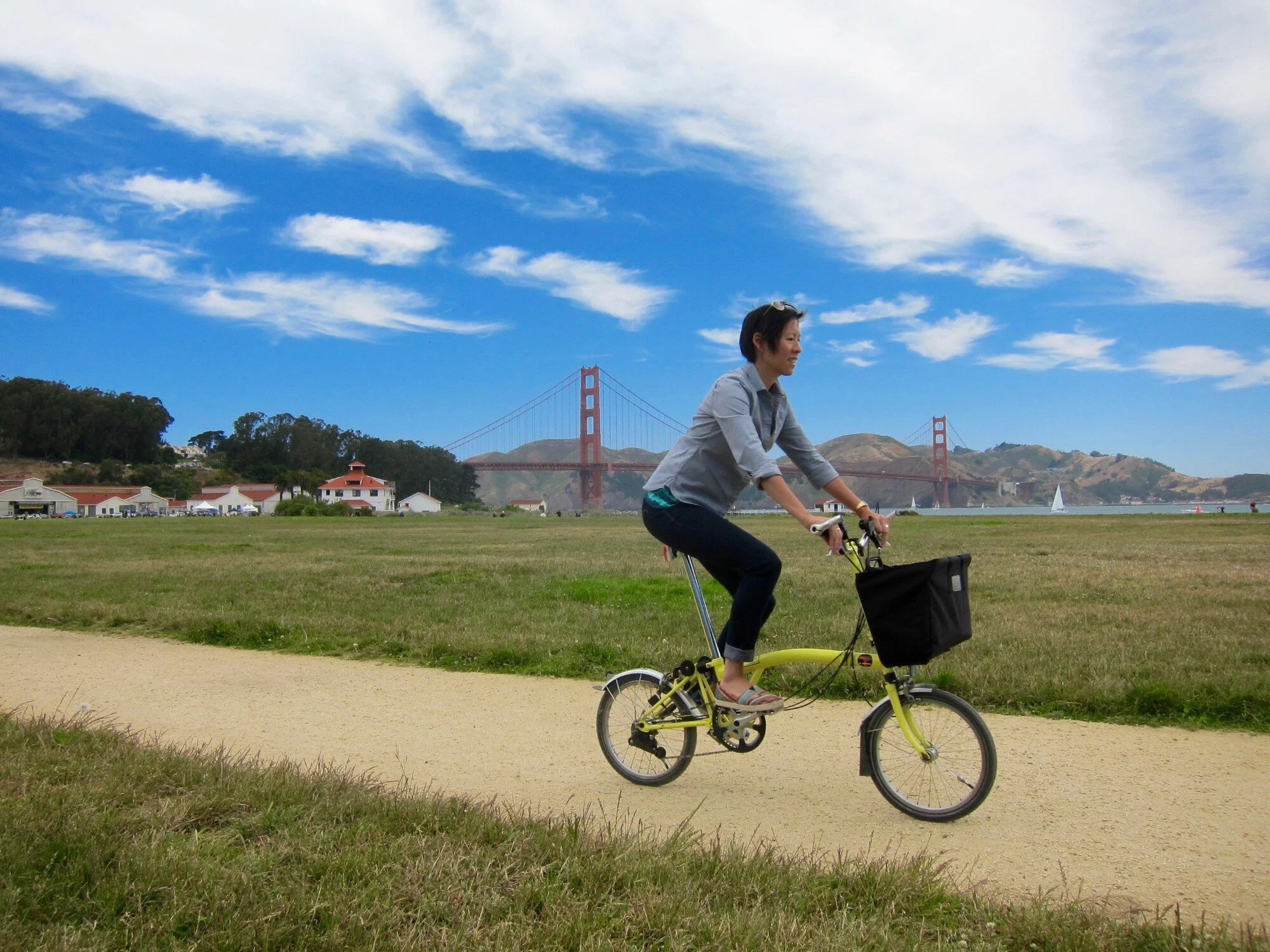Why I Joined Populus To Help Cities Expand Safe, Sustainable Streets
Chrissy Field
I joined Populus as their first Product Manager last December and I couldn’t be more excited! — to be a part of this team, helping cities use data and technology to provide better transportation outcomes for their communities. It’s the perfect convergence of my love of solving difficult technical problems, passion for building livable cities, and sense of civic duty.
I started my software career in technical support over a decade ago helping customers analyze petrochemical hazards using simulation software (my degree is in chemical engineering). That’s where I first learned how to listen to users and ask the right questions to get to their root concerns. I realized I had a knack for being able to explain technical issues and a mindset — or engineering training — for troubleshooting. But most of all I really enjoyed getting technology to work for users. That sense of service is something I carried with me through various software companies from consumer to business, client to cloud, corporate to startup.
In tandem with the development of my career I simultaneously became more and more involved in advocating for sustainable transportation. I’d been a member and volunteer with the San Francisco Bicycle Coalition ever since my move to San Francisco. Riding the streets of San Francisco every day as a cycling commuter I learned first hand both the joys and dangers of bicycling in a city. With my partner working as a transportation planning consultant and my volunteer interests our household was full of transportation discussions and policies around parking pricing, street design, and protected bike lanes.
When I increased my involvement in cycling advocacy by joining the Board of Directors of the San Francisco Bicycle Coalition, I began looking for similar mission aligned work in my career. By then scooters were all the talk of both the tech industry and bike world and I knew this could be my opportunity. There were barriers to bicycling — perceived fitness and ability requirements, stereotypes and equity issues around who rides — that scooters could help overcome in providing a fun people-powered way to get around for short trips. The initial adoption of scooter share programs quickly surpassed those of bikeshare and I saw a lot of similar challenges between barriers to scooter ridership and bicycle advocacy.
With Populus, cities can more easily harness data to prioritize bike lanes
However, my core interests weren’t in the consumer-facing issues of micromobility programs. From my bicycle advocacy work, I knew that cycling (and ultimately micromobility) face limits to growth based on whether cities prioritize safe, and sustainable infrastructure so that micromobility can thrive as an everyday transportation option. I wanted to build the technology that would help cities efficiently manage their streets, and create more safe spaces for these new transportation options, and new riders. With Populus I found the perfect role bridging technology and city planning, aligned with my passion to support the growth of sustainable transportation.
At Populus we build products and partnerships that deliver mobility data to cities so they can make informed policy and planning decisions. I’m inspired by the work I do with shared mobility services and our new Open Streets Initiative. Every day is a new challenge and new opportunity to help cities around the world create safer streets and more livable communities.


